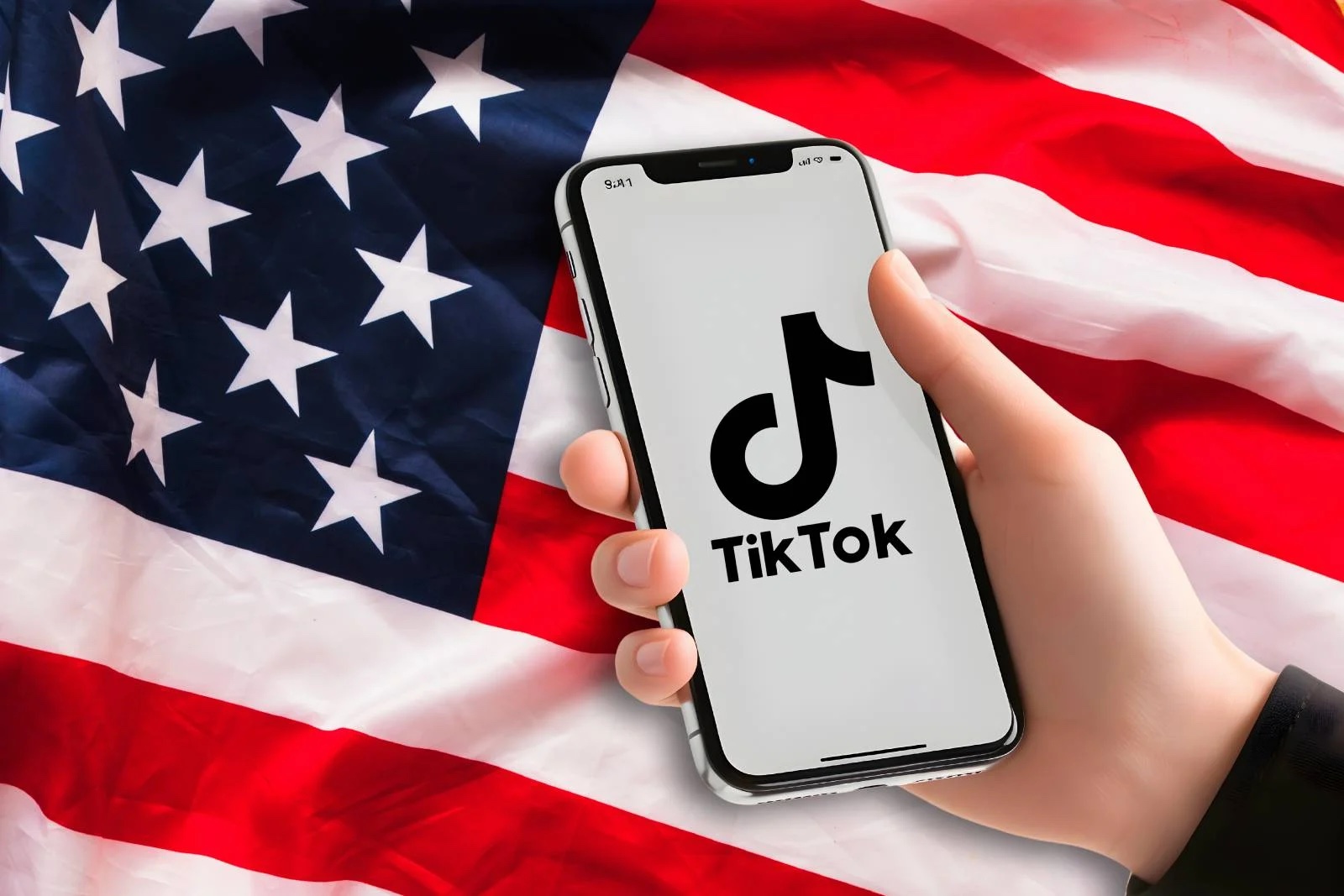Taiwan’s top technology official responded on Saturday to recent criticism of the island’s semiconductor dominance, emphasizing that the industry’s complexity requires international cooperation rather than single-nation control.
Wu Cheng-wen, head of Taiwan’s National Science and Technology Council, addressed the issue following U.S. President Donald Trump’s recent comments about wanting to restore U.S. chip manufacturing and claims that Taiwan had “taken” the industry.
In a Facebook post, Wu highlighted Taiwan’s decades-long commitment to developing its semiconductor sector, including the establishment of TSMC, now the world’s largest contract chipmaker, in 1987. “Taiwan has invested half a century of hard work to achieve today’s success, and it certainly wasn’t something taken easily from other countries,” Wu stated.
The technology official emphasized the semiconductor industry’s inherently collaborative nature, pointing out the specialized roles different nations play. He noted Japan’s expertise in chemicals and equipment manufacturing, while praising the United States as “second to none” in innovative system design and applications.
“The semiconductor industry is highly complex and requires precise specialization and division of labor,” Wu explained. “Given that each country has its own unique industrial strengths, there is no need for a single nation to fully control or monopolize all technologies globally.”
The comments aligned with Taiwan President Lai Ching-te’s earlier statement positioning Taiwan as a reliable partner in the democratic supply chain of the global semiconductor industry. Wu further expressed Taiwan’s willingness to serve as a base for “friendly democratic countries” to play their respective roles in the semiconductor supply chain.
This discussion comes amid growing global attention to semiconductor supply chains and increasing efforts by various nations to boost their domestic chip manufacturing capabilities.









